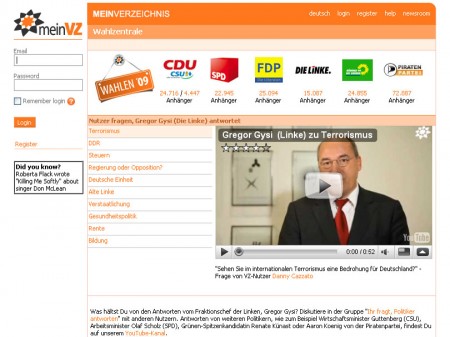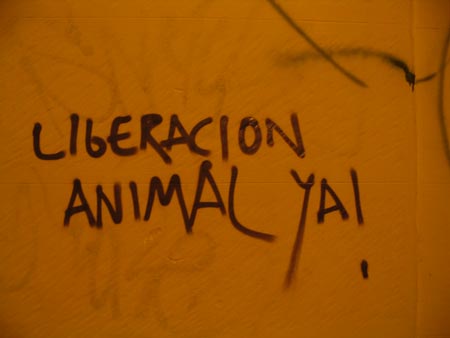Exploiting online networks in order to map and predict cross-linked social phenomena such as the commonality in consumption (Amazon), electoral behavior (Google), the spread of civil unrest (Twitter) or even the outbreak of diseases (Google and EMM) continues to be both an intricate and promising field of research.
Thus, it comes as little surprise that Gordana Apic, Matthew J. Betts and Robert B. Russell from the University of Heidelberg recently suggested an indicator for measuring geopolitical instability by applying the principle of association fallacy, primarily used in life sciences, to online encyclopedia Wikipedia’s entries whose impartiality is contested. In their brief research paper titled ‘Content Disputed in Wikipedia Reflect Geopolitical Instability‘, the authors accordingly argue that “quantifying the degree to which pages linked to a country are disputed by contributors” correlates with a country’s political stability. In other words: since instability is best represented by its underlying conflicts, the multitude and diversity of user-generated associations, namely: disputes, is believed to reveal some form of qualitative pattern that can be arranged as a stability ranking.



